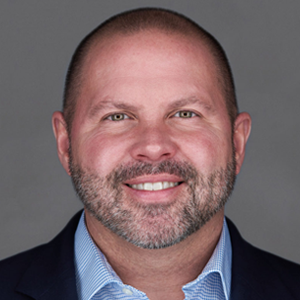Rob Carter serves as chief operating officer of Recovery Point Group Holding Company, where his focus is on growth and complementary acquisitions. Prior to Recovery Point, Carter was SVP of product, architecture, and engineering for TierPoint. Carter joined TierPoint in 2015, following the acquisition of Windstream Hosted Solutions, where he was vice president, cloud and data center product and marketing. He joined Windstream in 2008 as director of managed hosting services. Prior to Windstream, Carter served as director, quality assurance at Motricity, and held key positions at Sungard and Inflow. He is a veteran of the United States Air Force.
How can telecommunications technologies help humanity?
Telecommunications technologies can help humanity in a variety of ways. Income, academics, and health are just three areas that technology can have a significant impact on communities.
Unfortunately, there are many around the world who still do not have adequate access to digital communications. There are areas with no cell service at all, only landlines. Those residents are forced to use satellites which are very limited, unstable, and slow.
Remote workers in lower-income areas can benefit from technology-related jobs such as call center and data processing. The COVID-19 pandemic exposed how critical solid access to digital communications is to our daily lives. Many children couldn’t attend school. People with poor Internet connections were forced to find ways to cope or get left behind during the work-from-home wave. Telemedicine became more mainstream, and access to stable telecommunications is critical for both healthcare organizations and patients.
What new apps would be a game-changer in the next five (5) years?
Apps that focus on conservation and define humans’ positive and negative impacts on our world are needed. I’d like to see apps that show our individual carbon footprints. There are devices with apps that will shut water off if it determines leaks. I’d like to see apps that identify down to the individual fixture for water, allowing you to see how much water you used while showering or while leaving a faucet running. Electrical branch circuit monitoring apps in our homes would allow us to see the consumption of a fan running, leaving a light on, etc. By quantifying and making us accountable to reducing our use and spend, we can all help the environment. Apps like Nest will show things like this, but the IoT is fragmented. We need a holistic view that provides data and analytics to really make a difference.
Is it important for companies to continue to innovate their organization or offerings, and why?
For organizations to evolve, they must innovate. We are in an age of commoditization, which equates to price compression through increased competition and lack of IP/value.
If a company is not innovating, it’s a prime target to suffer churn, become irrelevant, and potentially collapse. Blackberry is a prime example of a company that had a significant user base, a very functional product, but did not keep up with the pace of innovation. In the end, they were left behind.
Innovation spurs new ideas and improved performance, typically driving lower costs and efficiencies that help companies meet challenges such as cost management, feature enhancements, new revenue lines, and brand loyalty for clients and employees.
What would you share with those interested in becoming a PTC Member?
PTC is an important resource for individuals and companies who focus on tech in the Pacific region. The more active you are, the more you will get out of it. I really like that PTC offers programs for the entire membership from students to rising professionals, companies, and senior executives.
What important piece of information should people know about PTC?
Your voice is heard – members determine the direction of the organization. Our CEO Tony Rossabi has long been involved with PTC and I know the organization focuses on bringing together senior industry leaders to build partnerships and share insights on trends, strategies, and best practices. It’s a collaborative community. Rising industry leaders should consider PTC Academy, an excellent management training program. The program is a worthwhile outreach initiative and a unique way to prepare the next generation of executives.
What advice would you share with current and future graduates interested in this field?
Talk with clients and business leaders; don’t just read the marketing commentary and press releases. While there are many great marketing pieces out there, some articles can be forward-looking and aspirational, which can equate to vaporware. Understanding the client’s position, use cases, and business needs are all paramount. Trusted advisor is used too often and should be earned, not just said. Enter every conversation with that mentality. The best sales meetings are ones that drive value for clients. They ask you for help because they trust you can solve their issues. Don’t become complacent and continue to focus on the goal of helping the client. That’s a win-win.
What is something that not that many people know about you?
While I love technology, working with and building teams, and helping clients, I also love the outdoors. I spend as much time as possible in the mountains of Colorado. I believe to stay sharp, you need to focus on mental health and enjoy hobbies that promote a healthy mental state.
About Recovery Point Systems
Recovery Point Systems is a nationwide leader in cloud-based business resilience services. Serving commercial organizations ranging from the Fortune 500 to SMBs as well as federal, state, and local governments, Recovery Point delivers a comprehensive suite of IT resiliency and disaster recovery solutions for heterogeneous environments ranging from mainframe to desktops.









